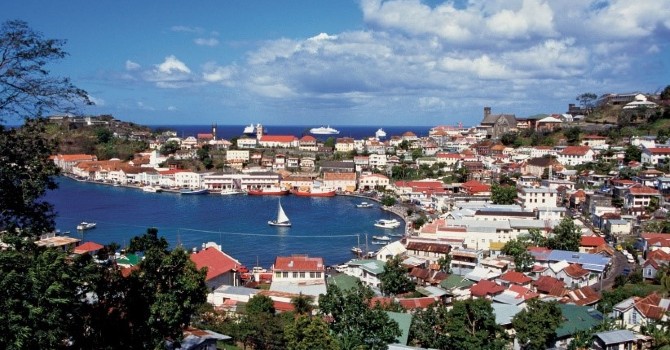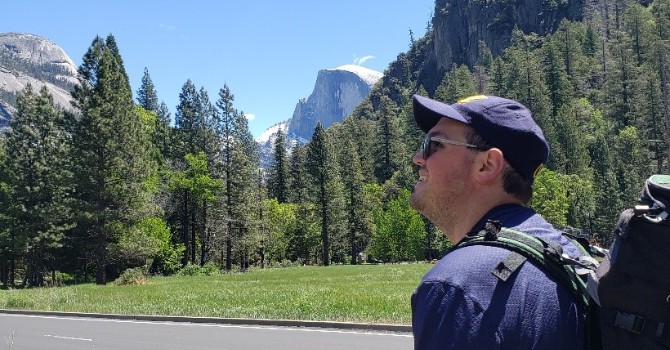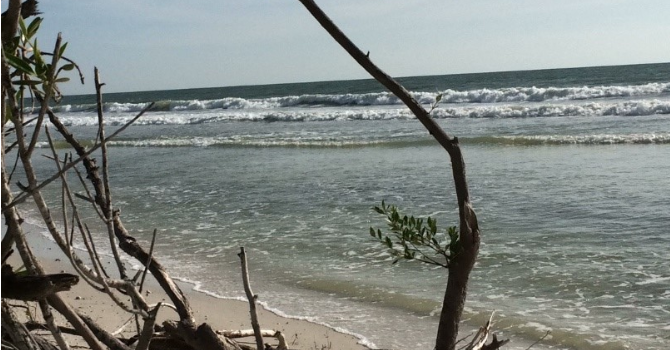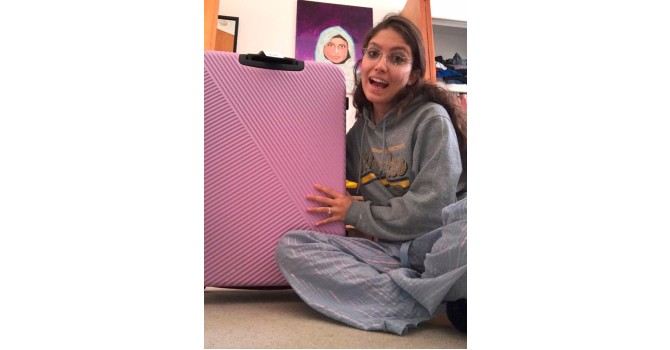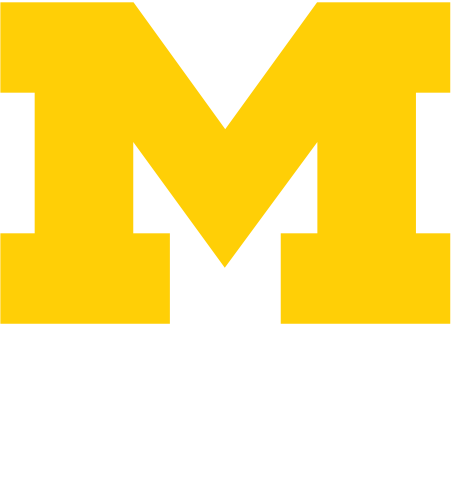Becoming Oriented
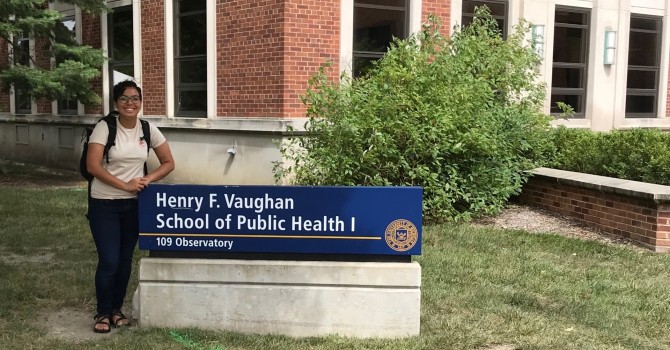
Areli Balderrama, HBHE Student
March 2, 2020, Disaster Relief, Practice, Research
I was first introduced to PHAST about a year ago now. At Admitted Students Day for Masters of Public Health students, I learned about the PHAST projects students had worked on in Texas, Mississippi, and Puerto Rico. Among several on-campus organizations that piqued my attention at Admitted Students Day, I listed PHAST as an organization that I needed to get involved with. One of the reasons I joined PHAST is because I feel the need to be involved in projects outside of academia. I believe that holistic education is essential and entails engagement beyond textbooks. I value the opportunity to gain hands-on experience in the field of public health. At the time, I knew that the action-oriented nature of PHAST would connect me with public health opportunities at the local, state, and national levels. And so it has.
Meaningful public health work takes many shapes, and I want to be intentional and mindful with each role I take on. When the opportunity came to join the USVI CASPER team, I had already read a few blogs by previous attendees and heard others share their experience with previous trips to the USVI. While in the U.S. Virgin Islands, I will help conduct a Community Assessment for Public Health Emergency Response (CASPER). My interest in emergency response is very much informed by where I grew up. As a Californian, I am intimately familiar with earthquakes, floods, wildfires, and mudslides. Through my involvement with CASPER, I hope to learn and then apply a similar methodology to a future career in emergency preparedness.
CASPER is a rapid needs assessment that gathers the basic health and needs of a community affected by a disaster like hurricane Maria and hurricane Irma. Given the nature of this needs assessment, I am particularly interested in learning more about the method used to develop the survey that will guide the household interviews. I am curious to learn which survey measures were taken into consideration and perhaps omitted while the survey was designed. I am eager to see how the collected data will inform future responses to hurricanes and how it will address the health needs of people on the island. Prior to conducting the interviews, our team will part in a training to better prepare us to conduct household interviews. Preparation is vital and I look forward to learning from the health department, volunteers and of course the families on the island.

